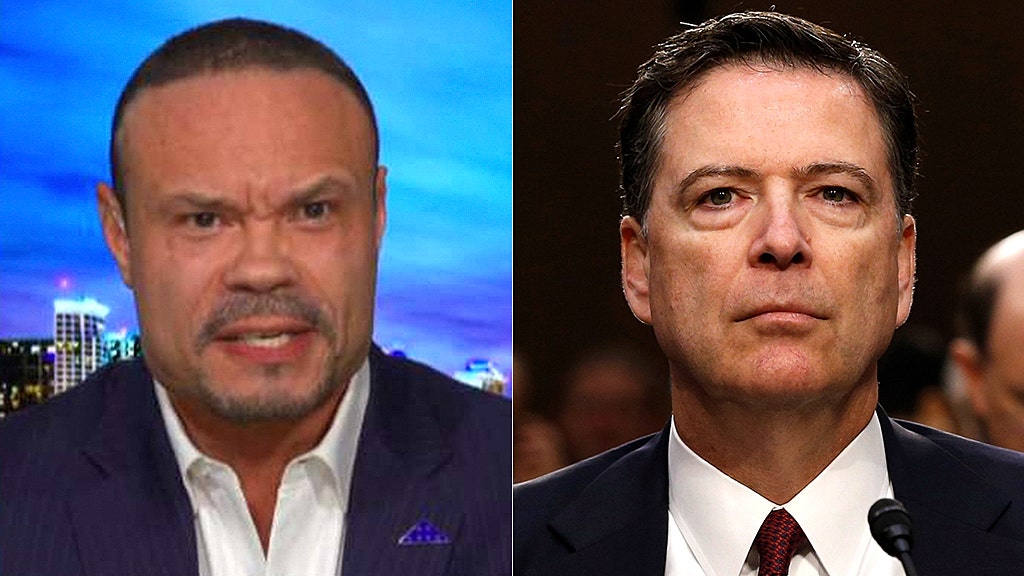[ad_1]
[Author’s Note: Last week’s release of the Justice Department Inspector General’s report on FISA abuse (among other investigative irregularities) in the FBI’s Trump-Russia investigation has spawned a welcome public discussion of the 1978 Foreign Intelligence Surveillance Act. What follows is an excerpt from my recently released book, “Ball of Collusion,” which undertakes to explain why I have long been a naysayer of FISA, which I first encountered in the early 1990s as a prosecutor handling terrorism cases — one of rare contexts in which FISA surveillance evidence sometimes seeps into criminal prosecutions. The discussion that follows is a prelude to book’s account of Obama-era FISA surveillance abuses that have received little public attention (in contrast to FISA surveillance in the Trump-Russia investigation, currently in the spotlight). These abuses prompted the Foreign Intelligence Surveillance Court, in October 2016, to castigate the intelligence community for its institutional “lack of candor.”]
A little background on surveillance. Non-Americans situated outside our country do not have Fourth Amendment privacy protections. Consequently, the overseas collection of intelligence about them, including their communications, occurs with no judicial supervision. It is carried out under Executive Order 12333, which has been amended several times since being issued by President Ronald Reagan in 1981.
Other foreign intelligence collection implicates the Foreign Intelligence Surveillance Act. At its inception over forty years ago, FISA was chiefly designed to shield Americans inside the United States from such surveillance unless a court could be shown probable cause to believe they were complicit in clandestine activities on behalf of a foreign power. With congressional expansion of FISA over the last decade, the law is now also geared to mitigate the invasive consequences of sweeping global surveillance, made possible by the revolution in telecommunications technology.
CLICK HERE TO GET THE OPINION NEWSLETTER
This latter protection is not very effective. In part, this is because the underlying concept is dubious: Namely, the notion that people who interact with foreigners who are outside U.S. jurisdiction have a reasonable expectation of privacy despite being well-aware that the latter could be under surveillance — whether by U.S. or other intelligence services. There is also the problem that technological capabilities are advancing more rapidly than government’s capacity to apply privacy principles rooted in the Constitution and other federal law, in particular, the tenet that there must be grounds for suspicion before communications are seized and searched.
CLICK HERE TO GET THE FOX NEWS APP
Prior to 1978, foreign intelligence collection was strictly a political responsibility: part of the national security duties the Constitution assigns to the political branches, with the executive carrying it out, subject to congressional oversight. It was not a judicial process. In the realm of foreign threats to American interests and security, the judiciary — the non-political branch — had neither constitutional responsibility nor institutional competence.
I continue to believe this was the right way to look at the matter, and have thus always been a FISA naysayer. The best articulation of this position was posited by the legendary Robert Jackson — an icon in both the political and legal arenas, who served as FDR’s attorney general, Truman’s chief prosecutor at Nuremberg, and a justice of the Supreme Court.
CLICK HERE TO READ THE REST OF THIS COLUMN IN THE NATIONAL REVIEW
[ad_2]
Source link



Connect with us on our socials: